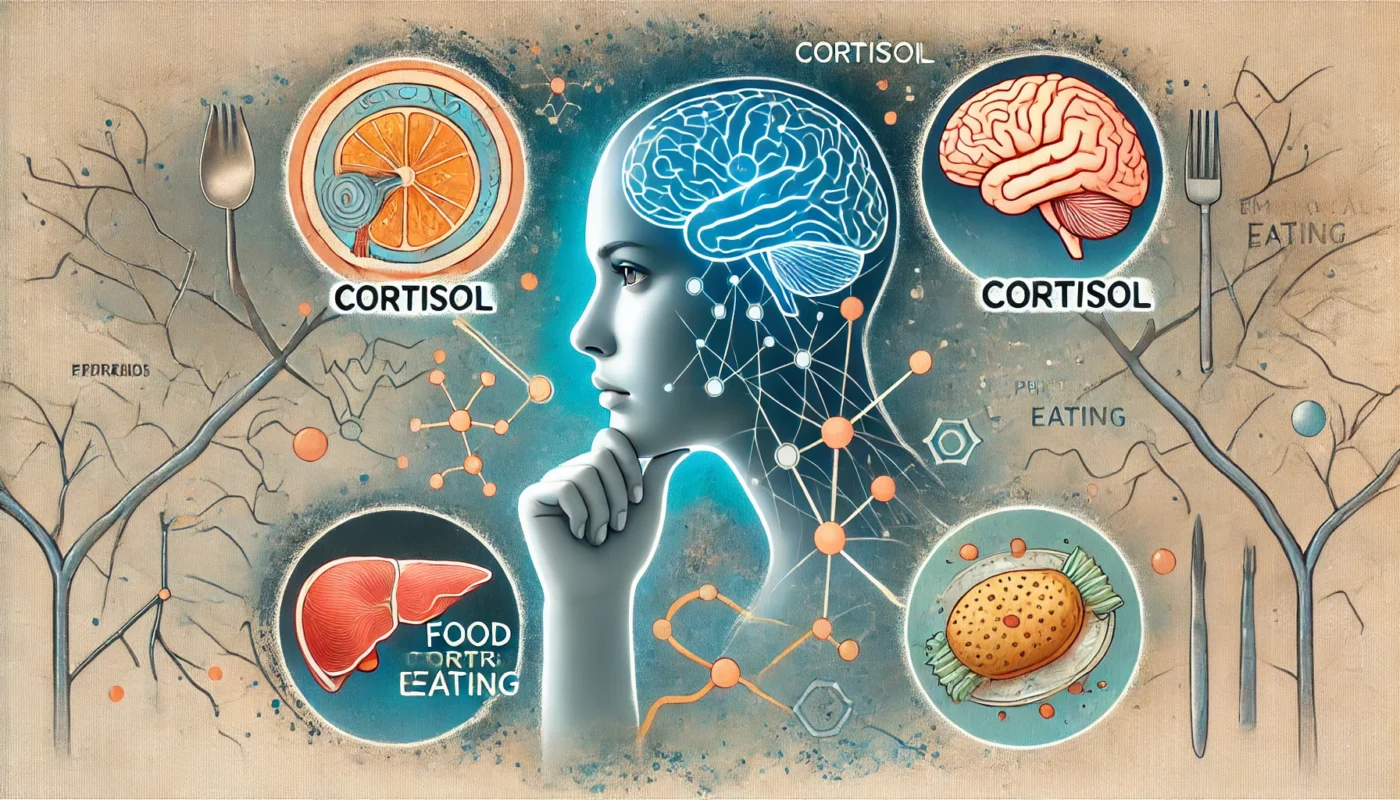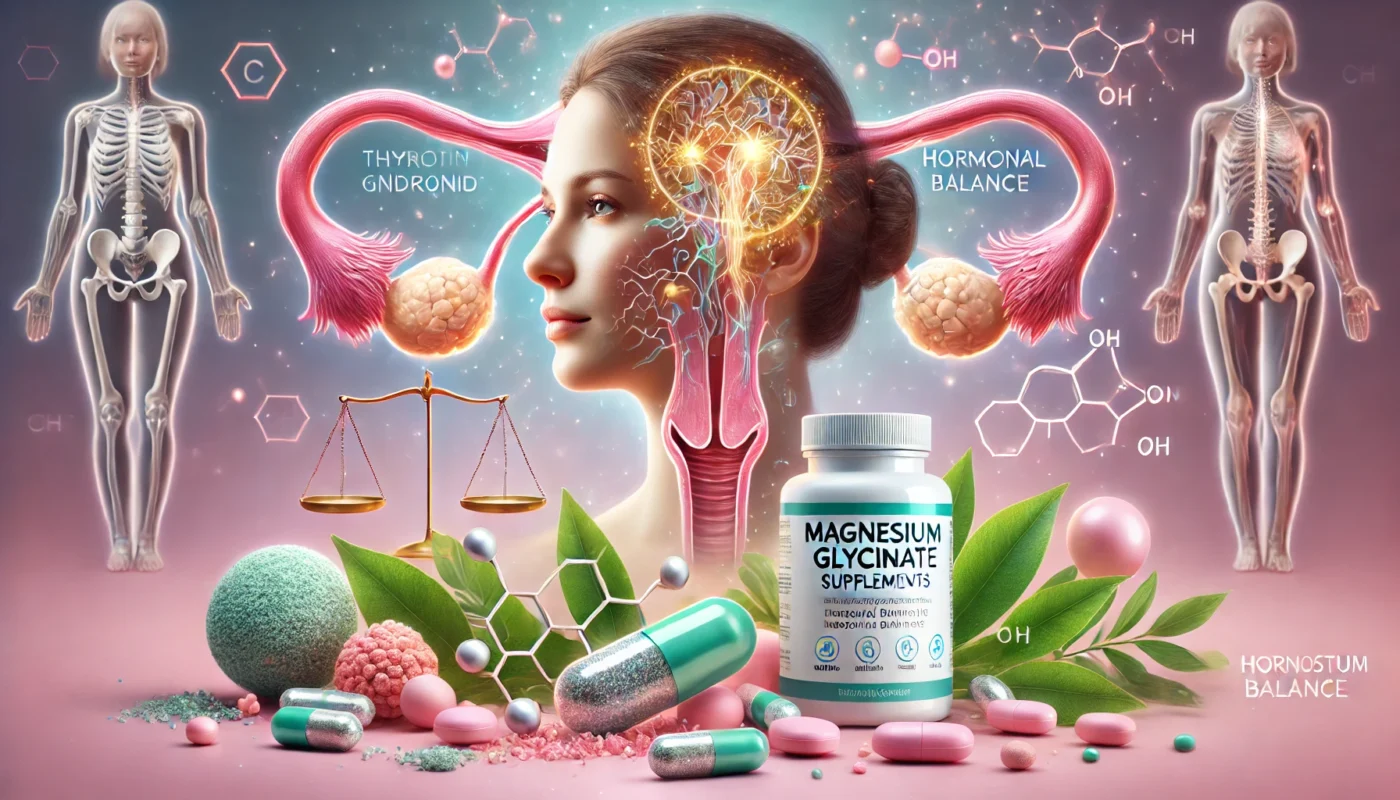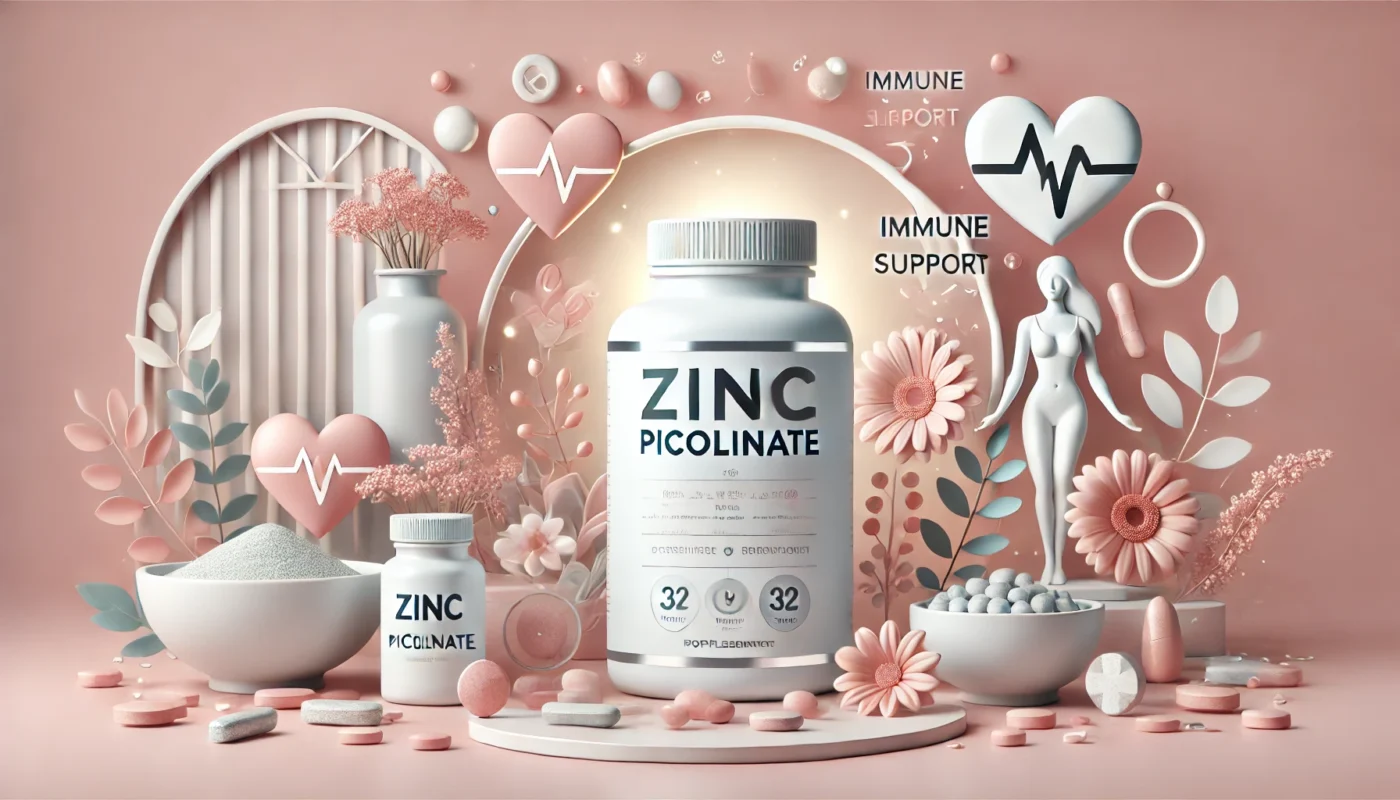In this article, we will delve into the foods that can spike cortisol levels, providing you with the knowledge to make informed dietary choices. With a focus on holistic health approaches, we’ll explore the scientific research behind these foods and offer practical advice for maintaining balanced cortisol levels.
Tag Archives: hormonal balance
In the intricate dance of hormones that regulate bodily functions, estrogen plays a pivotal role, particularly in appetite regulation. For those immersed in the world of fitness, health enthusiasts, or individuals managing medical conditions, understanding the interplay between estrogen and appetite can offer valuable insights into managing hunger and achieving health goals. This expanded exploration delves deeper into the mechanisms and practical applications surrounding this vital hormone.
In the realm of health and wellness, understanding the intricate interplay between diet and hormone levels is essential, particularly for men aiming to optimize their overall well-being. One food often at the center of this discussion is yogurt. But does yogurt increase estrogen in males, and how does it affect hormonal balance? Let’s explore the role of yogurt in men’s hormonal health in greater detail.
Luteinizing hormone (LH) is a pivotal player in our body’s endocrine system, particularly impacting reproductive health. It is produced by the pituitary gland and plays a crucial role in regulating the function of the ovaries in females and the testes in males. In females, LH is instrumental in triggering ovulation and maintaining the menstrual cycle. In males, it stimulates the production of testosterone, a hormone essential for sperm production.
Inositol, often referred to as a member of the vitamin B complex, is a carbohydrate that occurs naturally in the human body and in various foods. Although it’s not technically a vitamin, due to the body’s ability to synthesize it, inositol plays a crucial role in a myriad of bodily functions, particularly in cell signaling and as a structural basis for secondary messengers.
In the realm of health and wellness, few topics elicit as much interest as hormonal health, especially for women. Hormones play pivotal roles in women’s health, influencing everything from mood swings to weight fluctuations and reproductive health. Fortunately, the foods we consume can significantly impact hormonal balance. In this article, we delve into the best vegetables for women’s hormonal health, providing you with practical insights into how these nutrient-rich foods can support a well-balanced body.
Premenstrual syndrome (PMS) affects an estimated 75% of menstruating women, with symptoms ranging from physical discomfort to emotional disturbances like anxiety and mood swings (Journal of Women’s Health, 2020). For many, the emotional toll of PMS can significantly interfere with daily life, making it crucial to identify safe and effective solutions for managing these symptoms. […]
Hormonal balance is critical to maintaining physical, emotional, and mental well-being. Hormones act as chemical messengers, regulating functions ranging from metabolism to mood and reproductive health. However, factors like chronic stress, poor diet, and environmental toxins can disrupt this delicate balance, leading to issues such as fatigue, weight gain, anxiety, and insulin resistance. Magnesium glycinate, […]
Zinc is a vital mineral that plays a central role in numerous physiological processes, from immune defense to cellular repair. For women, maintaining adequate zinc levels is particularly important due to the mineral’s influence on hormonal health, menstrual cycles, and menopause-related changes. Among the various forms of zinc supplementation, zinc picolinate is widely regarded as […]
Broccoli is a common sight on dinner plates worldwide. But have you ever wondered why this humble vegetable is so frequently recommended by health experts?
The answer lies in broccoli’s impressive nutritional profile. Packed with vitamins, minerals, and antioxidants, broccoli is a true powerhouse of nutrition.
This article will delve into the science behind broccoli’s health benefits. We’ll explore the nutritional components that make broccoli a superfood and how they contribute to overall wellbeing.
We’ll also address common questions. Is it good to eat broccoli every day? What are the potential risks and considerations?
For fitness enthusiasts, health enthusiasts, and medical patients, this article will provide practical advice. It will help you understand how to incorporate broccoli into your diet effectively.
Whether you’re looking to optimize your health, manage a specific condition, or recover from an illness or injury, broccoli can play a key role.
Join us as we uncover the nutritional secrets of this versatile vegetable. Discover why broccoli deserves a regular spot in your meals.










